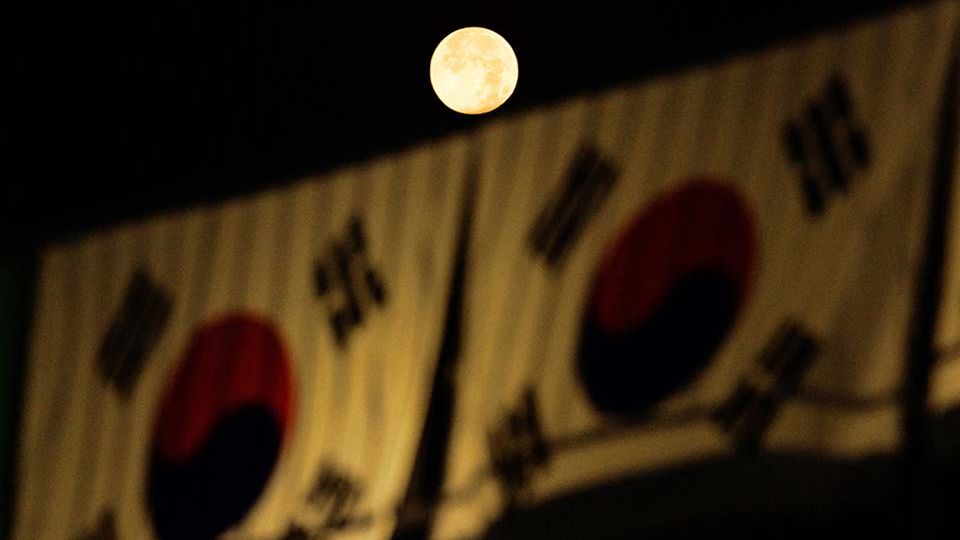November 10, 2025
SEOUL – Few laws reveal a nation’s political temperament more clearly than those governing speech. South Korea’s latest proposal to punish insults or defamation directed at foreign countries, nationals or races claims to promote tolerance. Yet its scope and severity suggest something less virtuous: a readiness to silence, not civilize, public discourse.
Ten lawmakers from the ruling Democratic Party of Korea and allied minor parties have sponsored an amendment to the Criminal Act that would impose up to five years in prison for defaming, and one year for insulting, a foreign state or citizen.
More striking is the procedural twist. The crime could be prosecuted even without the victim’s consent or without a formal complaint, effectively turning the state into the offended party.
Supporters of the bill claim they are responding to an undeniable problem. In recent months, anti-China demonstrations have become louder and uglier. Protesters have torn national flags, shouted ethnic slurs and trafficked in conspiracy theories about election interference.
The government cites international recommendations, such as those from the UN Committee on the Elimination of Racial Discrimination, urging stronger legal measures against hate speech. Few dispute the need to curb xenophobia. But legislating decency is a treacherous business, especially when politics, not principle, seems to guide the pen.
Critics argue that the amendment is less a shield for minorities than a sword for diplomacy. The bill’s justification materials single out slurs against China and North Korea, though South Korea has long endured equally virulent anti-Japan and anti-US protests without feeling compelled to criminalize them. It is difficult to avoid the impression that the proposal aims to placate Beijing, not protect pluralism. If so, it risks turning foreign relations into a domestic speech code.
The constitutional unease runs deeper. South Korea abolished its own laws punishing insults against the state or head of state decades ago, recognizing that a democracy strong enough to endure criticism does not need penal protection. Reinstating criminal penalties, this time to defend foreign powers, marks a troubling reversal. Legal scholars have warned that the amendment’s vague definitions of “insult” or “defamation” invite arbitrary enforcement and chill legitimate criticism.
The danger is not theoretical. South Korea’s defamation law already stands out among democracies for its reach. It allows criminal prosecution even for statements that are factually true if they harm someone’s social reputation. Expanding that logic to cover foreign entities multiplies the risk. When speech about another nation’s conduct, such as over trade, security or human rights, can be deemed “insulting,” public debate becomes hostage to prosecutorial discretion.
Existing laws already provide remedies for hate speech that crosses into violence or property damage. Civil courts can impose damages for reputational harm without threatening liberty. Education and counter-speech, not incarceration, remain the most credible tools against prejudice. Japan, often cited as a model by the bill’s sponsors, opted for precisely that approach in its own hate speech law, focusing on awareness rather than punishment.
The broader context is equally revealing. This bill coincides with other restrictive measures, such as a revival of the “anti-leaflet law” that banned attempts to send leaflets into North Korea without government consent. The Interior Ministry’s recent orders against anti-China protests suggest a focus on foreign sensitivities, not social cohesion. Police officials themselves have warned that enforcement must be consistent.
Hate speech corrodes the civic fabric, but so does the fear of speaking. A liberal democracy cannot eradicate prejudice by decree. Its priority must be opposing xenophobia without betraying the constitutional freedoms it fought hard to secure. The instinct to criminalize offense, therefore, must give pause.
South Korea can and should address intolerance, but it must resist the temptation to legislate politeness. True respect, like true democracy, cannot be imposed by prosecution.


